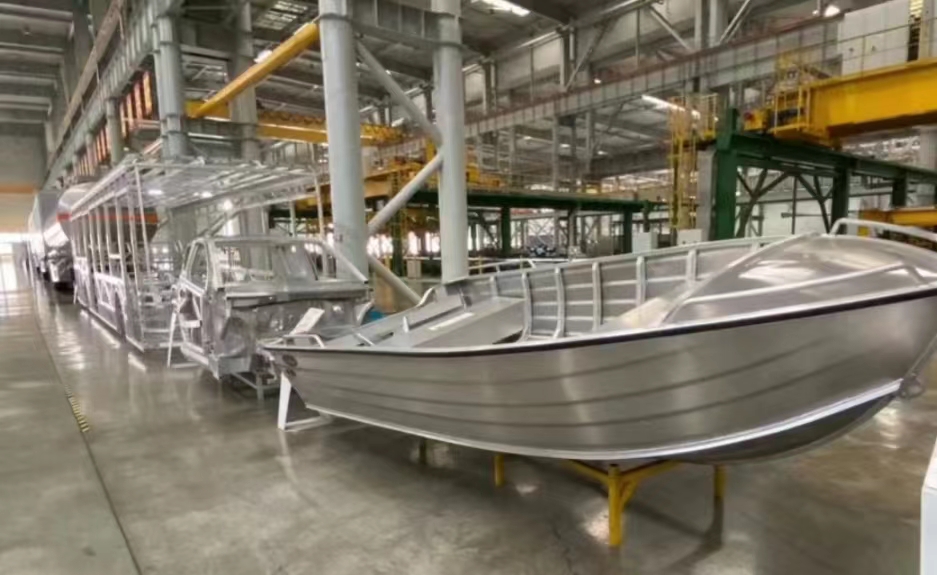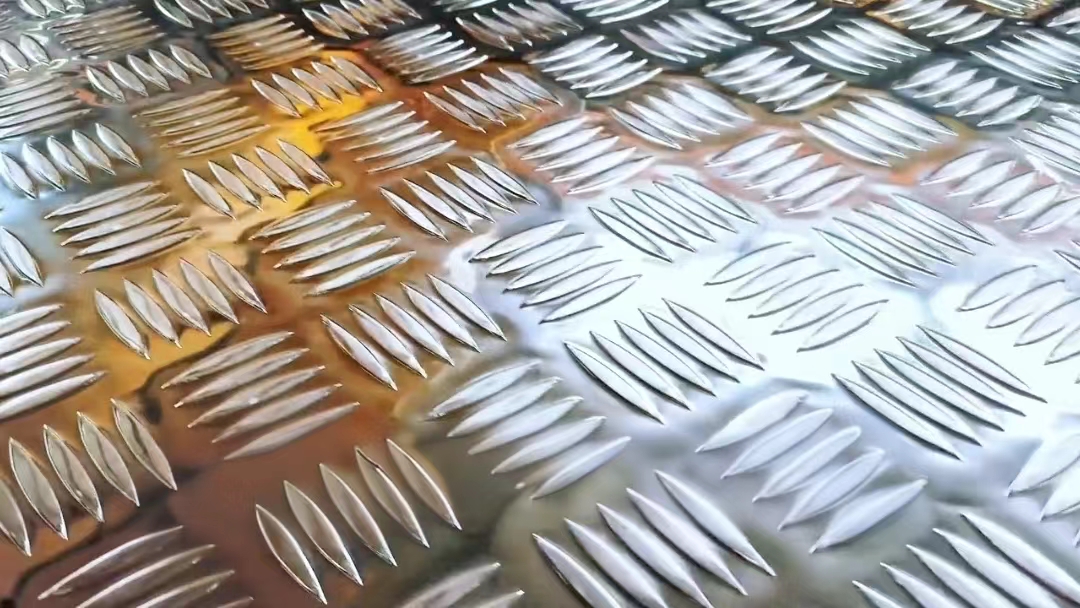Which is better for salt water, aluminum plate or stainless steel plate?
Aluminum vs. Stainless Steel: Which Is More Rust-Resistant in Saltwater?
Saltwater environments are highly corrosive to metals, making it crucial to understand the performance of aluminum alloys and stainless steel when selecting materials for use in such conditions. This article provides a comparative analysis of these two materials and offers targeted recommendations to help you make the best choice for your specific application.
Can Aluminum Alloys Resist Corrosion in Saltwater? Do They Rust?
Aluminum alloys are inherently resistant to rust because their surface quickly forms a dense aluminum oxide layer that acts as a protective barrier. However, in saltwater (such as seawater), this oxide layer can be compromised by chloride ions, leading to corrosion. The degree of corrosion depends on the specific type of aluminum alloy and its surface treatment.
| Aluminum Alloy Condition | Performance in Saltwater |
|---|---|
| Untreated Standard Aluminum Alloy | Susceptible to pitting and localized corrosion |
| Anodized Surface Treatment | Significantly improved corrosion resistance |
| Magnesium-Containing Aluminum Alloy (e.g., 5 Series) | More resistant to corrosion |
While aluminum alloys have some inherent corrosion resistance, selecting the appropriate alloy type and applying surface treatments are essential for extending their service life in saltwater environments.

Lifespan of Aluminum Boats in Seawater
Aluminum boats are widely used in marine environments due to their lightweight and high-strength properties. Their lifespan is influenced by several factors, including the type of alloy, usage frequency, maintenance practices, and the severity of saltwater corrosion.
| Aluminum Alloy Type | Lifespan (Years) | Notes |
| 5 Series Aluminum Alloys (5052, 5083) | 20-30 | Excellent corrosion resistance, ideal for marine use |
| 6 Series Aluminum Alloys (6061, 6082) | 15-25 | High strength but requires anodizing |
Properly maintained aluminum boats can last over 30 years, while neglecting anti-corrosion measures can significantly shorten their lifespan.
Which Aluminum Alloys Are Best for Saltwater Environments?
Choosing the right aluminum alloy is critical for saltwater environments. Below are some top-performing options:
| Aluminum Alloy Series | Representative Grades | Advantages |
| 5 Series | 5052, 5083 | Magnesium content provides strong corrosion resistance, suitable for seawater |
| 6 Series | 6061, 6063 | High strength, enhanced corrosion resistance with surface treatment |
| 7 Series | 7075 | High strength, lower corrosion resistance, requires surface treatment |
For aluminum products exposed to saltwater for extended periods, anodizing or applying anti-corrosion coatings is recommended to enhance protection.
Does Stainless Steel Rust in Saltwater?
Despite its strong corrosion resistance due to chromium content, stainless steel can still corrode in saltwater environments, particularly in the presence of high chloride ion concentrations. Common issues include pitting and crevice corrosion.
| Stainless Steel Type | Performance in Saltwater |
| 304 Stainless Steel | Prone to pitting in saltwater |
| 316 Stainless Steel | Better corrosion resistance than 304 but still vulnerable to prolonged exposure |
| Duplex Stainless Steel | Superior corrosion resistance, ideal for high-salinity environments |
Stainless steel is not entirely immune to rust in saltwater, making material selection and maintenance crucial.
Which Stainless Steels Are Most Resistant to Saltwater Corrosion?
The following stainless steels perform exceptionally well in saltwater environments:
| Stainless Steel Type | Composition Features | Saltwater Corrosion Resistance |
| 316L | 2-3% Molybdenum, Low Carbon | Strong resistance to chloride ion corrosion |
| 904L | High Molybdenum, High Nickel | Extremely resistant to saltwater corrosion |
| Duplex Stainless Steel (e.g., 2205) | High Chromium, High Molybdenum | Excellent resistance to pitting and stress corrosion |
316L and 904L are commonly used for their superior resistance to chloride ions. Duplex stainless steel, due to its cost-effectiveness and outstanding performance, is becoming an increasingly popular choice.
Both aluminum alloys and stainless steel require careful material selection and surface treatment to achieve optimal corrosion resistance in saltwater environments. Key takeaways include:
Aluminum Alloys: 5 Series alloys (e.g., 5083) with anodizing are best suited for saltwater environments.
Stainless Steel: 316L, 904L, and duplex stainless steels are excellent choices for combating saltwater corrosion.
When choosing materials for saltwater applications, balancing performance and cost is crucial. We hope this article helps you select the most suitable material for your needs!
